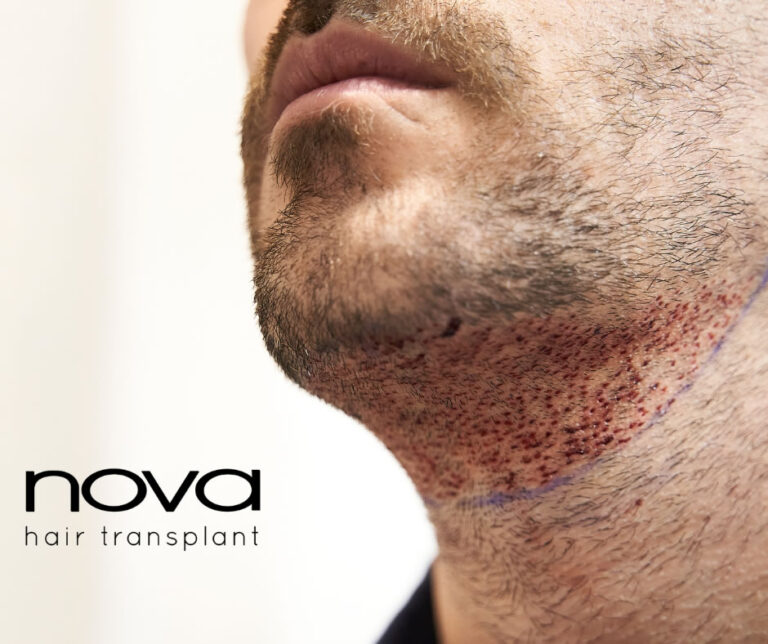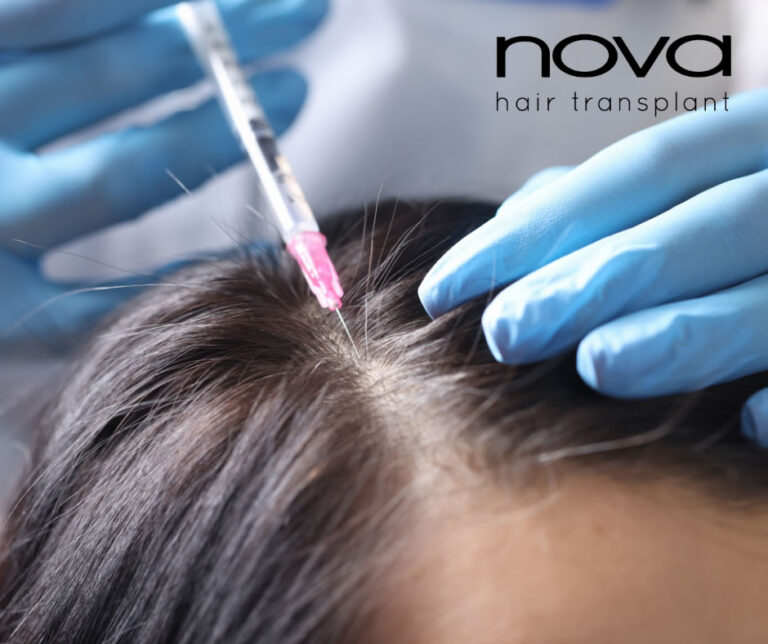Similar Posts

Beard hair transplant
Beard hair transplant During a beard hair transplant, Dr. Stefan Preuss extracts hair follicles from a donor area, usually the back of the scalp, and carefully transplants them into areas of the beard that need more density. This minimally invasive procedure guarantees natural and permanent results, as the transplanted follicles continue to grow hair normally…

Key factors about alopecia in women that you should know
Key factors about alopecia in women that you should know Alopecia in women can be an emotional and physical challenge. Here we share the most important factors to consider:Identify the cause: From hormonal changes and stress, to genetic factors or nutritional deficiencies, understanding the root of the problem is key to treating it.Consult a specialist:…

Benefits of exosome treatment for beard
Benefits of exosome treatment for beard: -Stimulation of hair growth-Improved density and thickness-Reduction of inflammation-Natural and long-lasting results-Safe and non-invasive procedure

After hair transplantation
After hair transplantation After hair transplantation, the restored hair will grow in the same way as the patient’s natural hair. After six months, the patient should notice significant hair growth in the area where they were previously bald. The patient’s hair (both natural and transplanted) will continue to grow naturally permanently.

Stem cell hair restoration
Hair loss Stem cell hair restoration is an innovative hair transplant procedure that can encourage the growth of your own, natural hair using your body’s stem cells. These mesenchymal stem cells can be harvested in order to take advantage of their regenerative properties. When introduced into areas of thinning hair, your stem cells can help…

These are some of the benefits of hair transplantation
These are some of the benefits of hair transplantation: These are some of the benefits of hair transplantation:-Minimally invasive intervention.-It does not require general anesthesia.-Does not require hospitalization.-Definitive long-term results.-Recovery of self-esteem.

